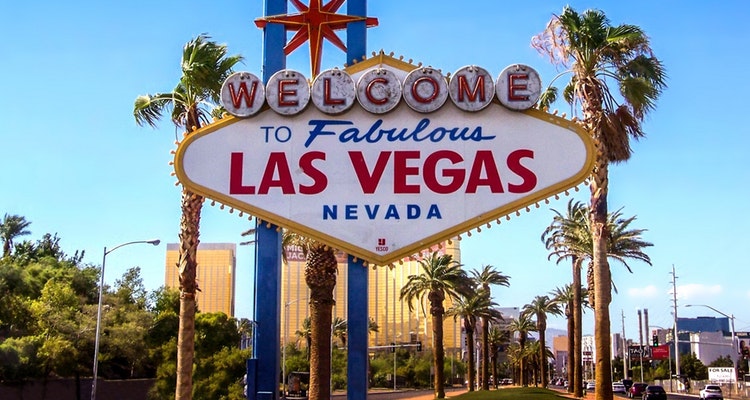
Photo Credit: pexels
In an effort to keep users active on their websites or apps as long as possible, social media companies like Facebook are borrowing a page from the playbook of Las Vegas casinos. Just as casinos look for subtle psychological triggers to keep you in front of the slot machine or roulette wheel as long as possible, so too are companies like Facebook looking for ways to keep you permanently online, locked in a constant feedback cycle that feels a lot like addiction.
Psychological cravings
In fact, warn some clinical psychologists, many social media users experience the same types of psychological cravings as people who are addicted to gambling or cocaine. These people no longer need a trigger – such as a mobile phone alert or an email – to check their social media accounts. Instead, the habit of checking social media at all times of the day and night is so ingrained that they instinctively reach for their phones as soon as they wake up. In some cases, they even experience what researchers refer to as “phantom buzzing” – the sensation that your phone just sent you an alert or notification.
If taken to an extreme, these cravings can lead to disengagement with the outside world, which is particularly worrisome. Instead of spending time with friends in real life, it’s much more exciting for social media addicts to spend time online. New updates from friends are similar to the constant jangling and clanking sounds of slot machines you might hear while walking through a casino floor – it becomes strangely comforting and soothing (each sound a reminder that you could be winning!), locking you further into a cycle of addiction.
Variable reinforcement schedules
The key to addicting users, say researchers, is in the creation of a “variable reinforcement schedule.” In short, the payoff can’t be the same every single time. Thus, when you check your social media newsfeed, you never really know what to expect. Often, you’ll find yourself scrolling through mindlessly, looking for something – anything – that counts as a type of reward.
Well, this type of behavior perfectly emulates the same type of psychological mood of someone at a slot machine, mindlessly pulling the lever (or hitting the button, as is the case in most casinos these days), hoping against hope that next time will be the time they win a massive jackpot. And casinos know that – so they specifically program a machine to make small, variable payouts over time. Just enough to keep you hooked, of course. That might explain why you see some people permanently seated in front of their favorite “lucky” slot machine – just as some people seem to permanently checking their mobile phones. The big payoff always seems to be right around the corner…
Permanent engagement
It’s perhaps no surprise that social networks like Facebook are constantly looking for ways to keep you online as long as possible. In a perfect, Zuckerberg-ian world, people would be checking or updating Facebook accounts 24/7. Of course, social networks can’t admit this, so they have embraced the term “engagement,” which sounds very business-like, and not at all something worthy of concern. Engagement, in the minds of many marketers, means commenting, liking, and interacting with content. But the downside of too much engagement is addiction.
And there is one other element to social media that is so psychologically addicting – and that is all the various ways that companies try to pull you back in when you’ve been away for a short time. You may get reminder messages from LinkedIn about connections you should have accepted. You might get a reminder message from Facebook telling you that you have lots of friend invitations just waiting for you to accept. And Twitter might send out an annoying notification, letting you know that a group of people you follow have all tweeted about something (better hurry to find out what’s going viral!).
But think about it – this is very similar to the way that casinos attempt to bring back customers. If special offers and rewards don’t work, they might let you know via email about an exciting new contest or competition that you have a good chance of winning. And, for some special lucky people (the “whales”), they have a very special way to lure them back – the chance to get “comped” a free stay. Casinos won’t just let you walk away – and neither will Facebook.
Final Thought
Of course, as any gambling addict will tell you, they never intended for things to turn out that way. It is the thrill of gambling – the anticipation, the uncertainty, and the prospect of a big win – that keeps them coming back for more. The same is true, unfortunately, with social media. In short, social media is copying methods from the world of gambling to keep you hooked. And that should have you very concerned.